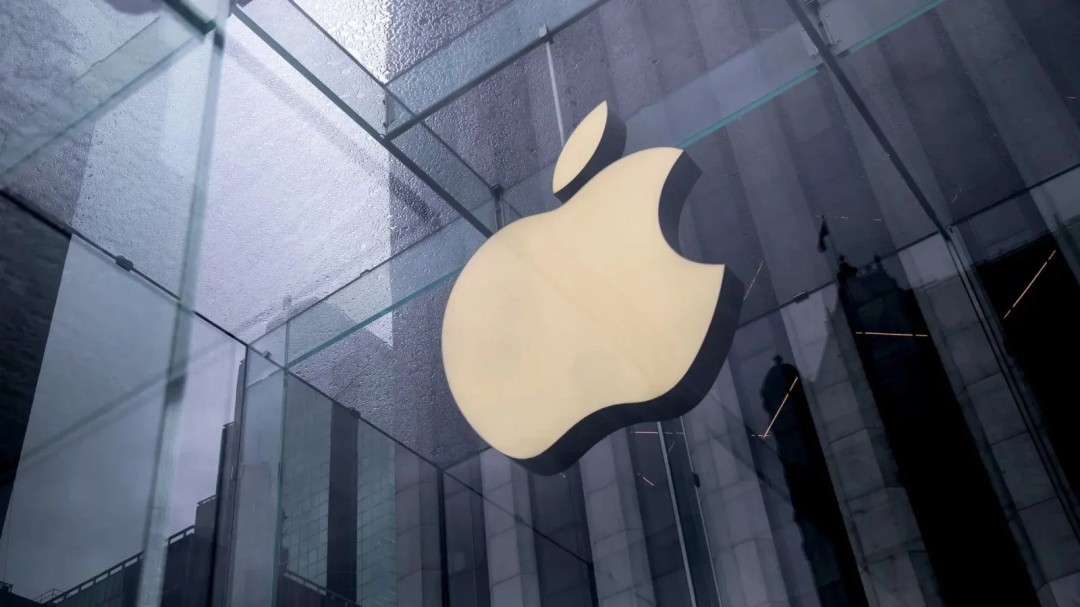appleThe company is evaluating adoptionIntel14A (1.4nm) process process as the second-generation source of its M-series chips. This move could breakTSMCLong-term monopoly on Apple chip production.

According to the latest reports, Apple has secured a Process Design Kit (PDK) provided by Intel to begin evaluating the potential of this cutting-edge technology. The 14A process uses second-generation RibbonFET transistors and PowerDirect power supply technology, which is a significant improvement over the current 18A process.
Intel has delivered early PDK versions to Apple,Nvidiaand other strategic partners. Apple may use the process for future chips such as the M8, while Nvidia may apply it to its low-end GPU product line. If the cooperation is reached, it will be the first time that Apple has introduced a foundry other than TSMC in its self-developed chips.

For Intel, this may be the “last stand” of its foundry business. The new CEO, Chen Liwu, made it clear that if he cannot obtain orders from major customers, he will stop investing in the research and development of advanced processes such as 14A, and may even stop supporting projects in Ohio, Germany and Poland.
Industry analysts pointed out that Apple’s intention will be a key variable in the survival of Intel’s foundry business. If the cooperation is implemented, Apple will receive supply chain diversification guarantees, while Intel is expected to revitalize the competitiveness of its semiconductor manufacturing business. This potential marriage may reshape the global chip manufacturing landscape.

